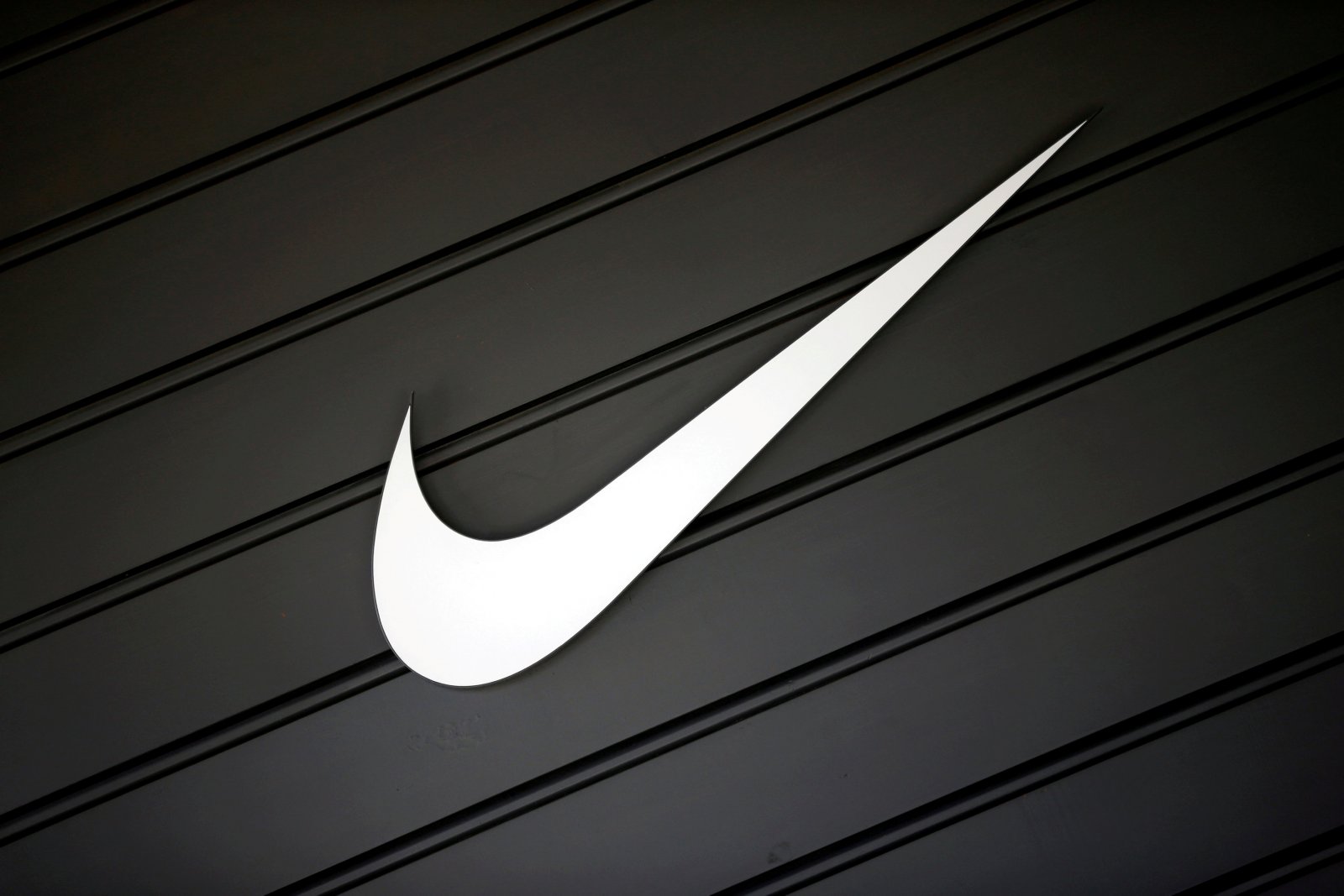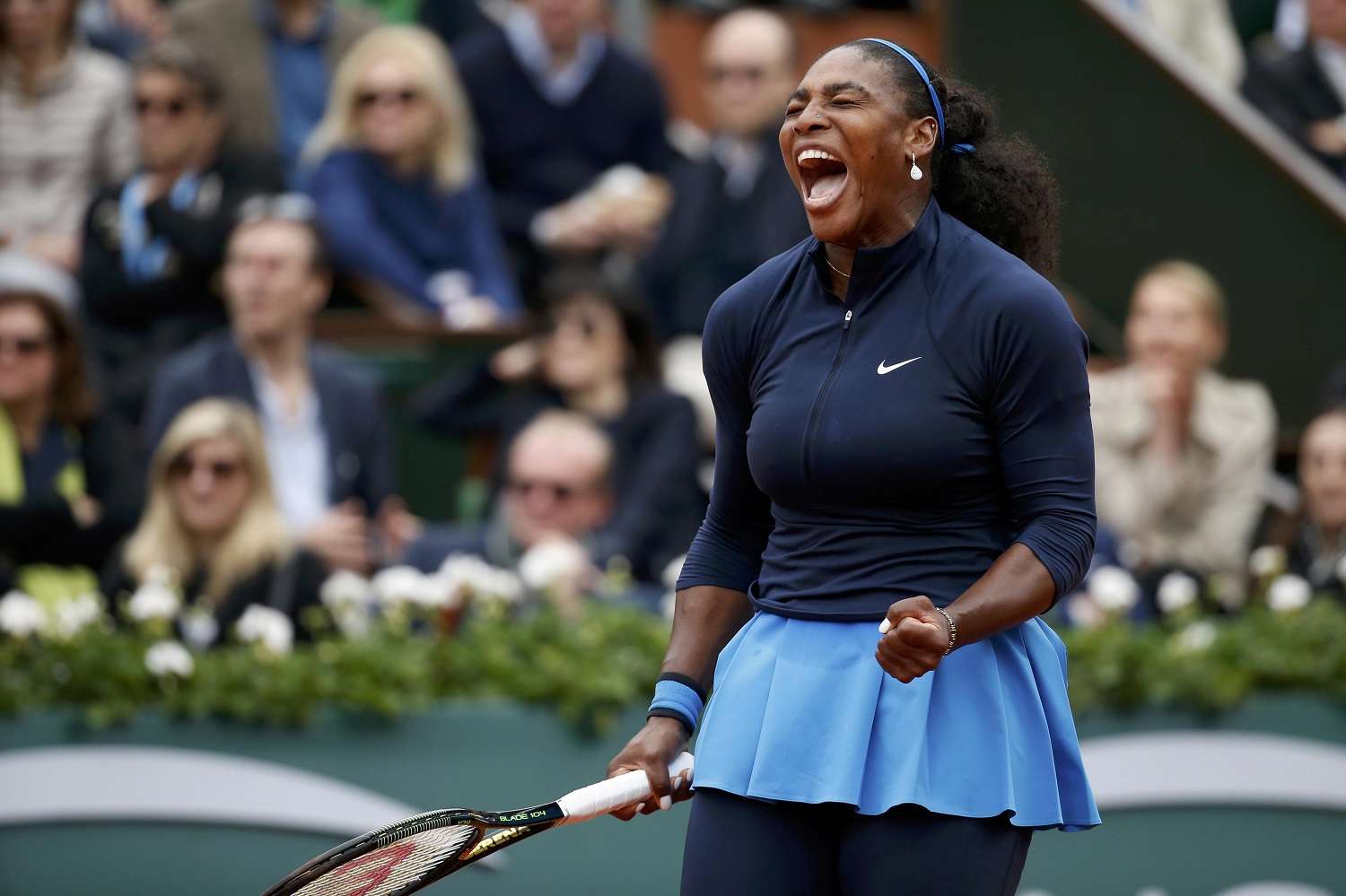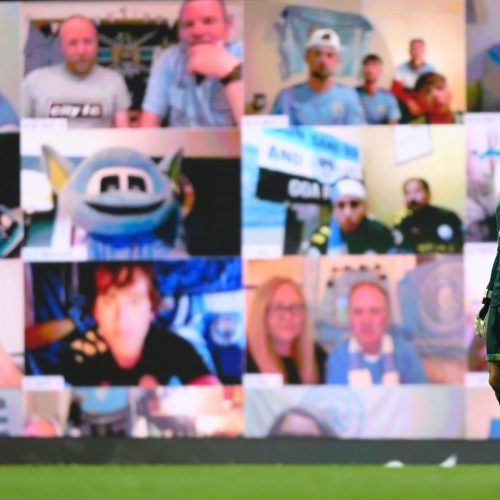Nike aims to revolutionize the word “crazy” and promote women in sport
Last week, Nike continued their “Dream Crazy” campaign by including a variety of powerhouse female athletes in their latest “Dream Crazier” ad. In an attempt to define what it means to be a woman athlete, and how to embrace the negative connotation of the word “crazy”, the ad is a rallying call for women in sport to embrace the emotions sport evokes.
In September of last year, Nike debuted a campaign with the title “Dream Crazy,” sparking negative comments, actions, and even financial consequences for the global sports brand leader – through the inclusion and narration of the controversial figure of Colin Kaepernick, an ex-American Football Player who kneeled down every time the American anthem was played in protest against police brutality and racism in the USA.
With this new ad, Nike has chosen to maintain its approach of tackling social and contemporary world issues and standing by causes that people on a global scale believe in.
Show them what crazy dreams can do. #justdoit pic.twitter.com/3fo2XMVkBT
— Nike (@Nike) February 24, 2019
Contextually, in the last few years, the fight for gender equality has gathered steam as more and more women (and many men) step up the demand for equality. Throughout history, women have been mistreated and considered inferior, and even to this day, there are places on earth that still believe this is so. The last decade may have seen many improvements and changes to the way women are treated, but sport is an area where some old stereotypes still apply.
An incident at last September’s US Open involving Serena Williams brought this into relief. The six-time winner of that particular competition was penalized numerous times for code violations inluding coaching hand signals, smashing her racket in anger and verbal abuse against the umpire. That obviously triggered a lot of criticism about the behaviour of the world’s top tennis player, especially as eventual tournament winner Naomi Osaka had her first Grand Slam victory overshadowed. But the ensuing controversy essentially lay around whether Williams was ‘too dramatic’ for showing so much emotion, though Williams and her defenders claimed that the judge would not have acted the same way if it were a male athlete displaying the same characteristics.
Indeed, violence towards rackets and angry words aimed at umpires are often seen in men’s tennis. Which leads to the question: do we judge female athletes differently to male athletes on the same stale stereotypes as we do in life outside of sport?
Nike embodies and presents all these factors in their latest Serena Williams-narrated ad, and, as it references recent events, the viewers directly are able to relate the words to the actual events that happened in the last few months.
What was once rare, and is becoming increasingly popular, is for a brand to attempt to represent something that people believe in, when it comes to social issues and opinions. By strategizing this way and choosing to expose the brand to all sorts of comments and allegations from the people who think differently about such powerful topics, it places Nike in a risky scenario, where negative consequences could quickly arise. On the other hand, to a different section of people, this only makes Nike an even more attractive proposition.
Nike is attempting to break down stereotypes, and suggesting it’s not crazy for women to want to act in an emotional way in the heat of the battle, what’s crazy is the revolutionary things they’ve already done. Whether it is a woman running a marathon, boxing, dunking, changing her sport, or competing in a hijab, they reference real life examples, and include a diversity of sports, talents, and cultures.
Nike flips the whole connotation of the word “crazy,” and now both women athletes and aspiring girls alike want to be known as the crazy type, because then they’ll be as revolutionary as the current athletes crop of heroines.
Not only does the ad target all women, but it represents them, it speaks for them, and it defends them. Nike acts as a champion to combat these stereotypes.
One of the most important things this ad highlights is not as explicit as the other factors, but what is crucial to understand is that all of this is important for not so much for current athletes, but for younger generations.
The Serena Williams, Alex Morgans and Simone Biles of right now certainly don’t want children to have to negotiate these unnecessary hurdles in their development before they become athletes.
Nike knows that it’s not only about stereotypes in sport, but it’s a much bigger cause, and Nike has chosen to stand by it.
Don’t forget Digital Sport London’s March event on 28th of the month – get your ticket below!
About author
You might also like
Interview: Nielsen Sports’ Spencer Nolan Discusses Covid-19’s Impact on Sport Media Rights and the Commercial Sport Landscape
Digital Sport’s Rupert Pratt and Thomas Smith recently sat down with Nielsen Sports Managing Director for the UK & Ireland, Spencer Nolan, to discuss Covid-19’s impact on sport media rights
Snack Media acquire Facebook’s largest global sports publisher, GIVEMESPORT
Snack Media today announced that its acquisition of GIVEMESPORT will create one of the largest sports publishers in the UK, further strengthening its offering to advertisers, rights holders and independent media owners.
The seven essentials for achieving successful sports branding
By Daniela McVicker When it comes to sports, great branding is a must. Your brand influences how people see your company or team. It helps you to forge connections with









